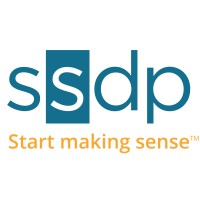
National Association of SARA Title III Program Officials
The National Association of SARA Title III Program Officials (NASTTPO) is made up of members and staff of State Emergency Response Commissions (SERCs), Tribal Emergency Response Commissions (TERCs), Local Emergency Planning Committees (LEPCs), various federal agencies, and private industry. Members include state, tribal, or local government employees as well as private sector representatives with Emergency Planning and Community Right to Know (EPCRA) program responsibilities, such as health, occupational safety, first response, environmental, and emergency management. Our members are actively involved in the collection and evaluation of EPCRA and TRI data. More importantly, we explain these programs and interpret the resulting data to the public, emergency responders and the reporting community.






